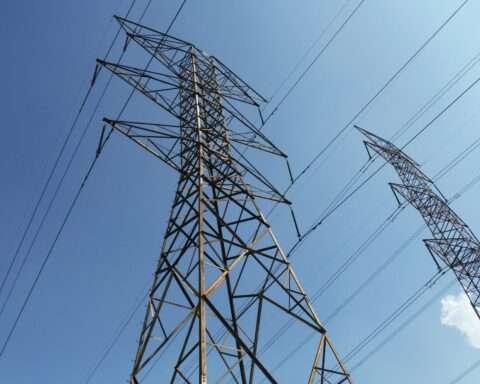A proposed federal rule change would allow carbon capture and sequestration (CCS) projects to take place on national forests and grasslands.
Currently, the Forest Service’s regulations strictly prohibit exclusive special use permits. The rule change would put the U.S. Department of Agriculture’s Forest Service on the same page as the Department of Interior’s Bureau of Land Management, which allows such permits.
CCS is a process in which carbon dioxide is compressed and transported to a storage site, where it is injected into a suitable geologic formation for long-term storage. It has traditionally involved capturing carbon dioxide from power plants, refineries, petrochemical plants, cement plants and other sources.
Sequestering carbon dioxide emissions into suitable deep underground geologic formations are useful tools for combatting climate change, the Forest Service said. A recent analysis by the International Energy Agency projected that 1.2 gigatons of global carbon dioxide must be captured and sequestered every year by 2030 to remain on track to reach net-zero emissions by 2050.
If the rule is finalized, applications for carbon sequestration on national forests or grasslands would be considered for permanent use. It would not allow for any other permanent uses on national forests and grasslands.
Laws relating to geologic storage of carbon dioxide already exist in several states, including Illinois, Kansas, Oklahoma, Louisiana, Montana, North Dakota, Texas, West Virginia and Wyoming.
In oil-and-gas-industry states like Texas, projects aimed at carbon storage are already in full swing.
The Texas General Land Office (GLO) in August announced it had awarded six leases for offshore carbon storage that would generate $130 million in bonus payments for the state’s school fund.
In February, the Port of Corpus Christi received $16.4 million in federal funding to conduct a feasibility study for both onshore and offshore carbon storage projects. The research will be conducted with Texas A&M University, the University of Texas and Talos and Howard Energy Partners, a San Antonio gas company.
In September 2021, the GLO, awarded its first lease for carbon sequestration on 40,000 acres of state-owned land near Port Arthur, Texas, to Talos Energy, a Houston-based oil and gas company. Chevron has a 50% stake in the project called “Bayou Bend,” which would be the nation’s first offshore carbon storage site if completed.
The Forest Service currently has no carbon sequestration project proposals under consideration.
All proposals would still have to pass secondary screening to be accepted as formal applications. Any carbon storage proposals will be required to comply with the National Environmental Policy Act and receive approval by an authorized officer at the Forest Service.
Permits from the U.S. Environmental Protection Agency would also be required.
Public comments may be submitted through Jan. 2, 2024. The text of the proposed rule and instructions on how to comment are available in the Federal Register.












